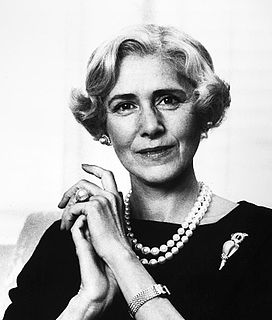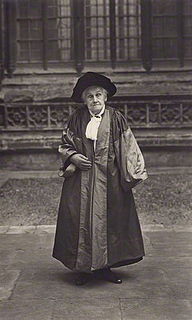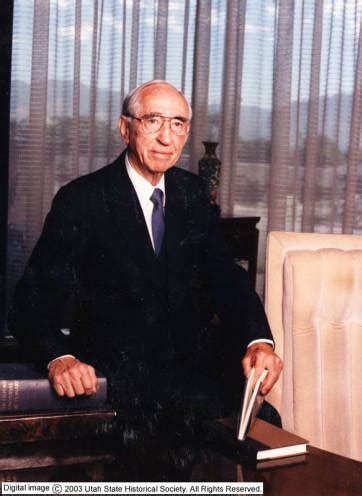A Quote by Nikola Tesla
Up to that time I never realized that I possessed any particular gift of discovery, but Lord Rayleigh, whom I always considered as an ideal man of science, had said so and if that was the case, I felt that I should concentrate on some big idea.
Related Quotes
I was born on the 24th of September 1755 in the county of Fauquier, at that time one of the frontier counties of Virginia. My father possessed scarcely any fortune and had received a very limited education - but was a man to whom nature had been bountiful, and who had assiduously improved her gifts.
I never felt I had anything to hide. I never felt being gay was anything to be ashamed of, so I never felt apologetic. I didn't have issues with it, didn't grow up with any religion, so I didn't have any religious, you know, issues to deal with as far as homosexuality is concerned. So, I accepted it very easily. For me, it wasn't that big a deal.
Perhaps the highest goodness attainable is a life of service to all mankind. Such an ideal is supported in nearly every page in the Gospels-the parables, the sermons, and the countless acts of service by our Lord Himself. The ideal is not limited to any particular kind of service, nor a given quantity of service. The ideal is accepting life itself as a trust to be used in the welfare of mankind. It is a life that is glad for the chance to be of any help, an attitude that 'service is the rent we pay for our own room on earth.' (Lord Halifax)
Very often people who live in a ghetto accept some of the stigmatisation against them. I mention the case of a Japanese minority the Burakumin, which was pure Japanese in descent, but which was concerned with dirty work: leather work, cadavers, and some other things.There was a famous story of an old man who asked: 'Do you yourself believe you are the same as the Japanese?' And the outsider said: 'I do not know, we are dirty.' This kind of conscience was never there in the surroundings in which I lived. One always felt as someone whom could be proud of, being both German and Jewish.
There's a screen direction in the script for the pilot where it says, 'Jim Harper, mid-20s, enters,' and it said something to the effect of: 'He's confident without being cocky. He has no idea that he could be considered attractive, because he saw All The President's Men when he was thirteen and never looked up.' It was just a great little gem of a screen direction, and I felt immediately from just that, that I had a good idea of how to play this guy.





































